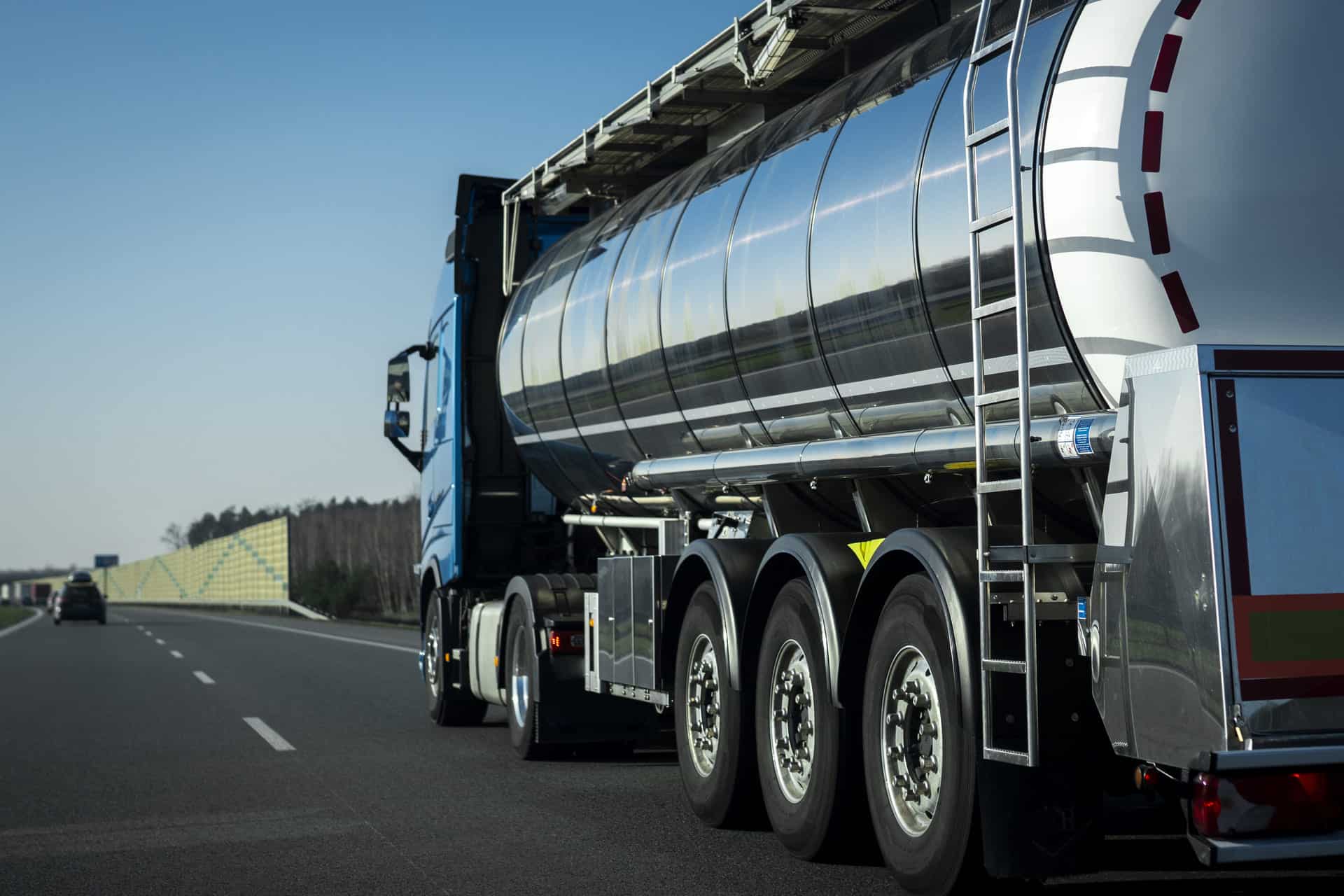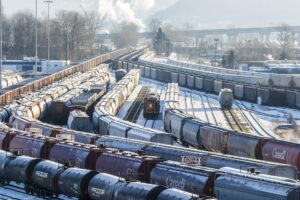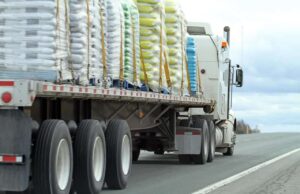Fuel efficiency is a critical factor in the success of trucking operations. With rising fuel costs and environmental concerns, optimizing fuel use not only benefits the bottom line but also contributes to a greener planet. This article delves into strategies for maximizing fuel efficiency in trucking operations, offering insights that are paramount for companies striving for cost-effective and environmentally friendly logistics solutions.
Understanding Fuel Consumption in Trucking
Fuel consumption in the trucking industry is influenced by a variety of factors, including vehicle design, engine efficiency, driving habits, and operational practices. Modern trucks are designed with fuel efficiency in mind, featuring aerodynamic shapes and fuel-efficient engines. However, the way trucks are operated can have an even larger impact on fuel consumption. Strategies for reducing fuel use range from optimizing routes to implementing advanced technologies.
Strategies for Enhancing Fuel Efficiency
Improving fuel efficiency in trucking operations involves a multifaceted approach, focusing on vehicle maintenance, driver behavior, and operational efficiency. Here are several strategies that have proven effective:
- Regular Vehicle Maintenance: Keeping trucks in optimal condition is essential. This includes regular checks and maintenance of engines, tires, and aerodynamic features. Properly inflated tires and well-maintained engines run more efficiently, reducing fuel consumption.
- Driver Training Programs: Training drivers to adopt fuel-efficient driving techniques can significantly reduce fuel usage. Techniques include maintaining consistent speeds, using cruise control, and avoiding unnecessary idling.
- Route Optimization: Utilizing GPS and route optimization software helps in planning the shortest and least congested routes. This not only saves time but also reduces fuel consumption.
- Use of Aerodynamic Add-ons: Installing aerodynamic devices such as side skirts and roof fairings can reduce air resistance, thereby improving fuel efficiency.
- Implementing Telematics and Fuel Management Systems: These systems provide real-time data on vehicle performance and fuel use, allowing for more informed decisions on how to improve efficiency.
- Load Optimization: Ensuring that trucks are loaded optimally is key to maximizing fuel efficiency. Overloading increases fuel consumption, while underloading results in inefficient use of resources.
The Role of Technology in Fuel Efficiency
Technology plays a pivotal role in enhancing fuel efficiency in trucking operations. Advances in telematics, fuel management systems, and route optimization software offer unprecedented opportunities for savings and environmental benefits. These technologies enable real-time monitoring of fuel consumption, vehicle performance, and driver behavior, allowing for immediate adjustments and long-term strategic planning.
By harnessing the power of technology, trucking companies can achieve significant improvements in fuel efficiency. This not only reduces operational costs but also minimizes the environmental impact of their operations, aligning with global sustainability goals.
How Interlane Logistics Maximizes Fuel Efficiency
At Interlane Logistics, maximizing fuel efficiency is at the heart of our operations. Through a combination of advanced technology, strategic planning, and continuous improvement, we strive to deliver cost-effective logistics solutions. Our commitment to fuel efficiency is evident in every aspect of our operations, from meticulous vehicle maintenance and driver training programs to the use of cutting-edge route optimization and fuel management systems. By prioritizing fuel efficiency, Interlane Logistics not only enhances operational efficiency but also contributes to a more sustainable future for the trucking industry.















